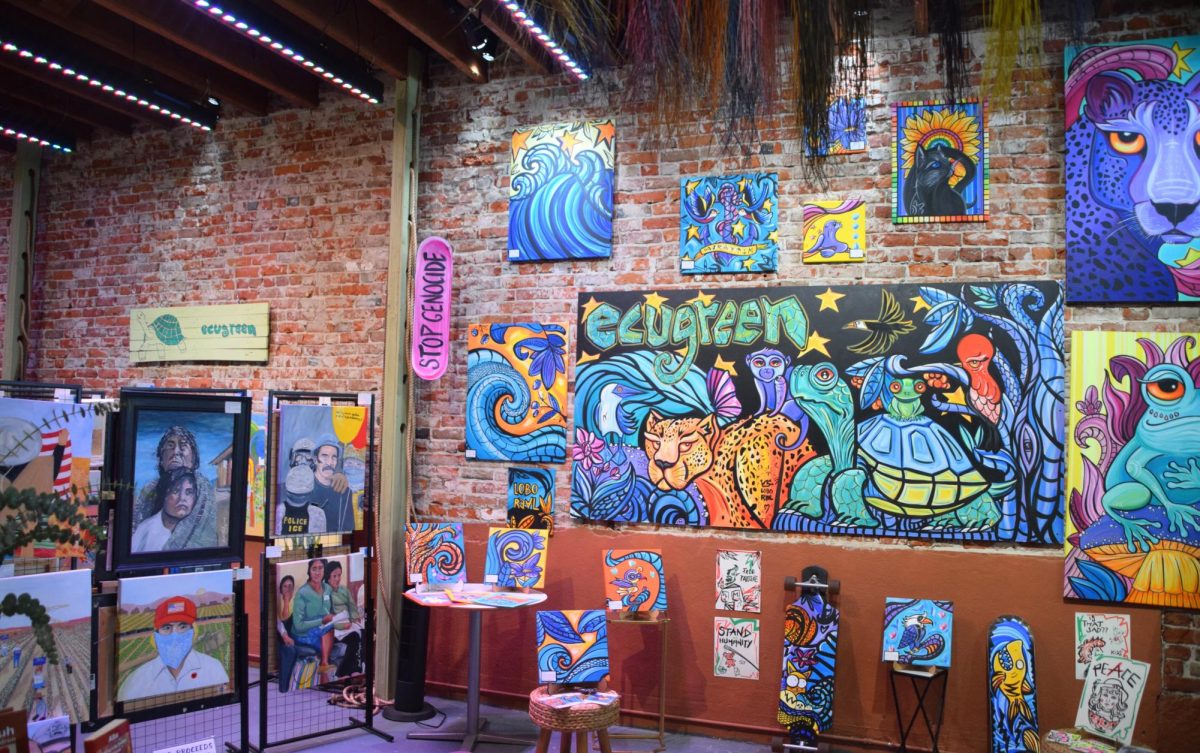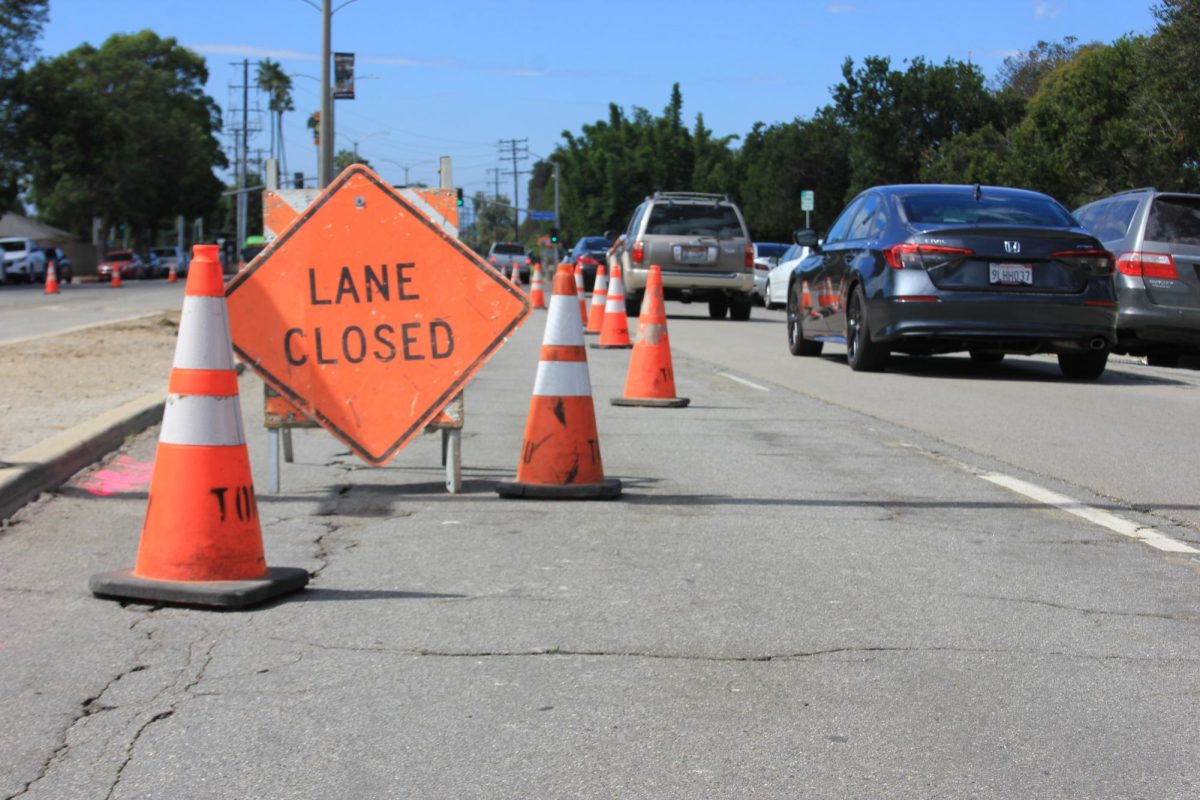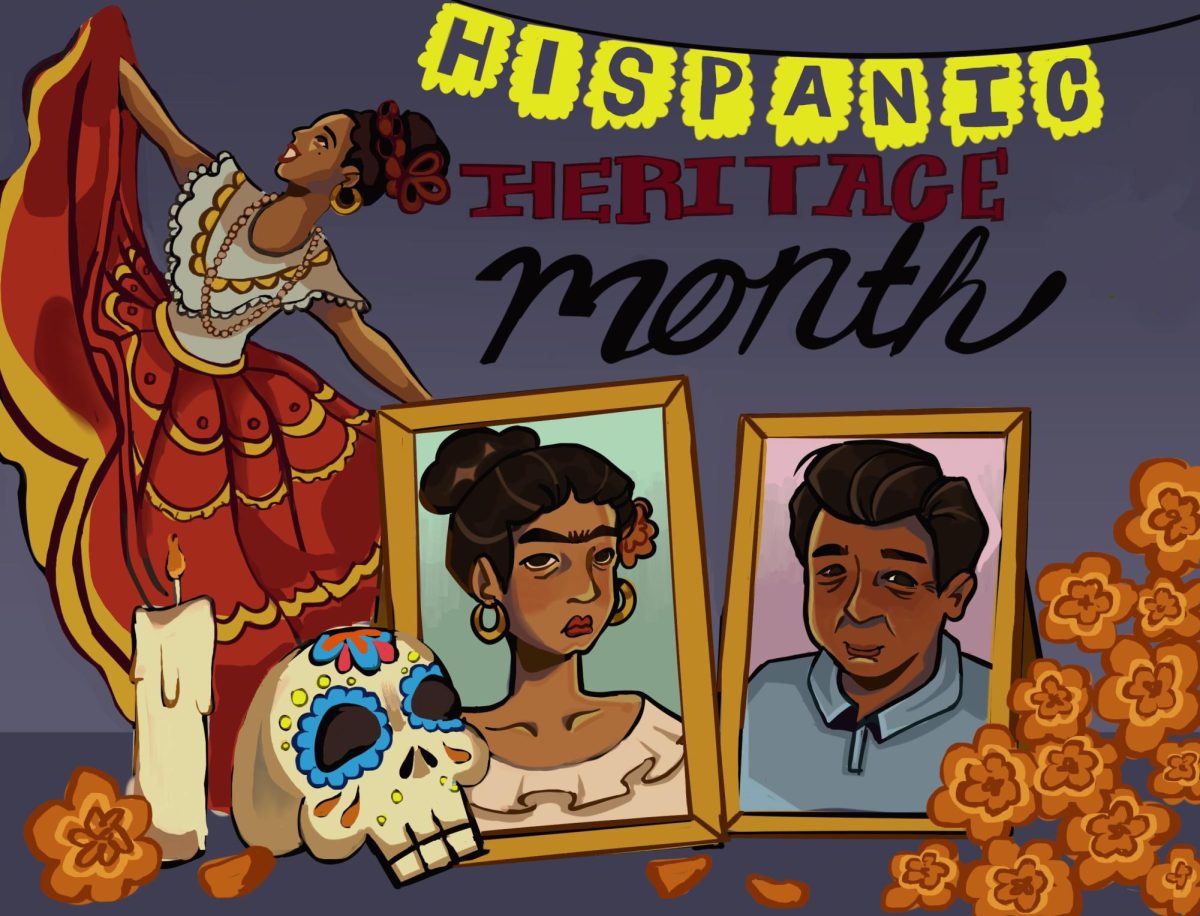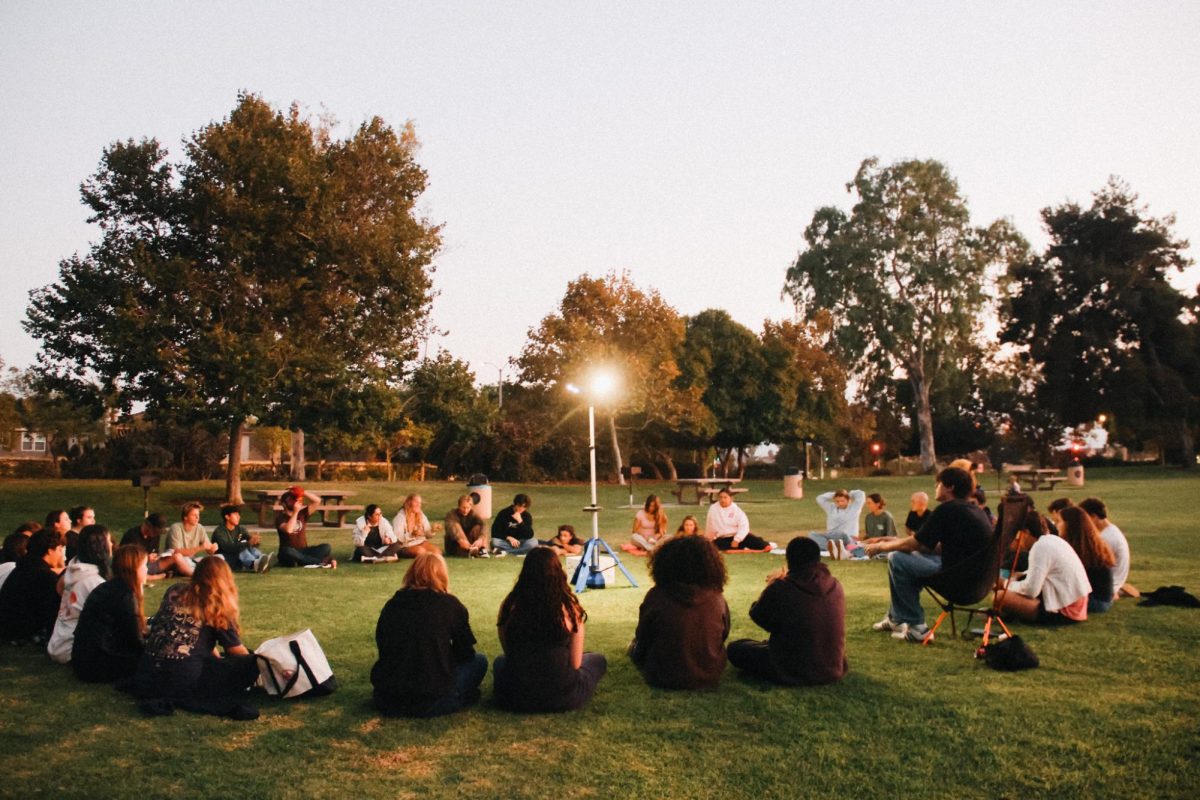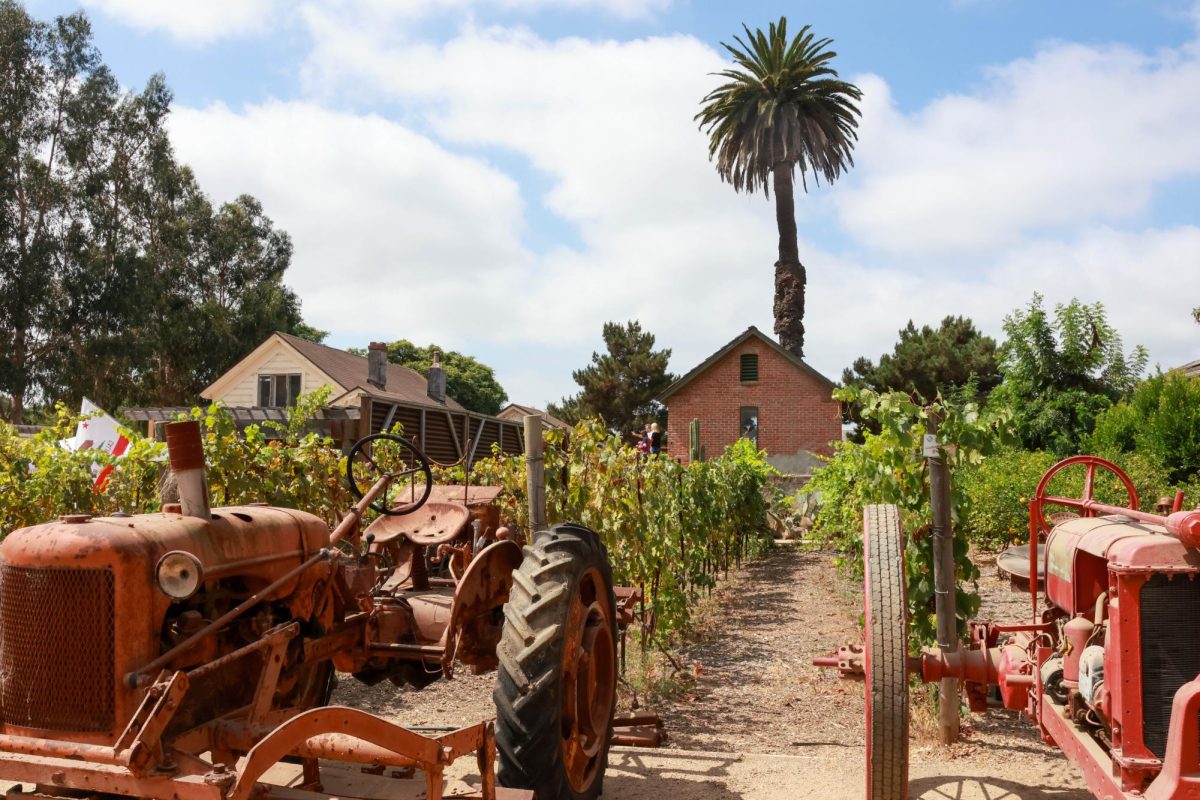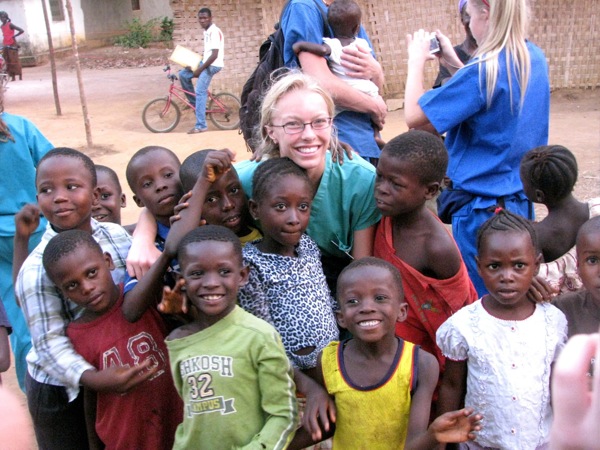 After 20 hours of travel, it didn’t quite hit me that I was in Africa as our plane landed at Lungi International Airport on Saturday, April 2. It was the following morning, finally experiencing Sierra Leone in tangible way, that I realized where I was.
After 20 hours of travel, it didn’t quite hit me that I was in Africa as our plane landed at Lungi International Airport on Saturday, April 2. It was the following morning, finally experiencing Sierra Leone in tangible way, that I realized where I was.
Everyone has seen pictures of poverty before; the sight is nothing new. But the smells, the heat, the pain in people’s eyes, those were things beyond my imagination. Now that we are back home again, I have over 800 pictures for memories, but those standstills, split seconds in time, are just a slice of what I took away from my trip.
There were 29 of us total: doctors, nurses, and those of us who tagged along for the ride. We ran a clinic for three days in Freetown, Sierra Leone’s largest city, and another for two days in Lungi (not to be mistaken with Lungi Village, where Foothill students funded the building of a school through Schools for Salone).
Our medical mission, led by Dr. Kevin White, is under the umbrella of Lighthouse Medical Missions based in Santa Monica, CA. We used the medications and resources that we had to best treat the influx of patients from both areas of Sierra Leone. The people who I touched and the culture that I was immersed in for just ten days will never leave me.
I will never forget the look in a little girl’s eyes as we cleaned out an infected wound on her ankle. She didn’t kick or scream, but clung on tight to her mother as silent tears rolled down her cheeks.
I will never forget the young man who posed for a “snap” with his friends. I showed the picture to him afterward, and he asked, “Which one is me?” He had never seen his face before. When I pointed to him in the picture, his eyes grew with awe as he saw himself for the first time.
I will never forget a young woman’s fascination with her new pink t-shirt, or the toddler with his stuffed teddy bear.
I will never forget the soldier’s face when I gave him a bag full of medications and a various assortment of dum-dums.
I will never forget the little boy who I taught to smile. I asked if he would like a “snap”, and he agreed, but I couldn’t get him to stop frowning. His sullen little face looked at me blankly as I tried numerous different ways to get him to understand. Finally, one of my faces must have looked particularly comical, because the corners of his mouth turned up and he giggled.
It breaks my heart to know that these people will never know the life that I know. They will never get to sleep in a warm cozy bed, go to the movie theaters, Ben and Jerry’s, or Disneyland. They will never get to swim in a meet or take the SAT. Things I take for granted, things I complain about, are things they have never even dreamed of.
But in my sadness for these people, I forget the unimportance of this earth, this world that feels like everything to us, that we worship. One of the pastors preached on this topic at one of the evening worship services for the Door Church in Freetown. He told the crowd that as they look around at the American team and see our possessions and wealth, to not be discouraged. Because this time, it isn’t their time, and it isn’t God’s time.
I couldn’t help thinking about the mansions every single one of those precious people are going to have in Heaven, compared to my little shack. Our world is temporary, and once it’s over, our iPods, homes, clothes, cars, and money all get left behind. His sermon gave me a reality check – the lives we live in our secluded bubble in Ventura, California don’t mean very much in the long run.
When I got home Saturday night, as exhausted as I was, I couldn’t fall asleep. After a glorious warm shower and a home cooked meal that did not contain spicy hot rice or spicy hot chicken, I burrowed under my soft sheets and closed my eyes, but sleep didn’t come. My mind was racing.
I couldn’t get those faces out of my head. I suddenly felt despair and helplessness.
What had I done to help them? I had given them worm pills and ibuprofen, and blood pressure medication and antibiotics that hopefully they understood when to take and how much to take of. I had handed out t-shirts and hygiene kits, bandaged wounds and bottle-fed malnourished babies.
But of the 6 million people living in Freetown alone, our clinic saw less than 2000. We left behind so many needy and hurting people. Did we really do anything? Was it worth the time, the money, and the effort to help such a small fraction of the population? A small fraction who would run out of medication in a month or so and be right back to where they began?
I lay in my bed and cried myself to sleep.
But as I tossed and turned, running over the last week in my head like a film strip, I finally came to the conclusion that I did all that I could. Everyone on our team did everything in our power to do. And what mattered wasn’t a statistic, a grand total of the number of patients that had passed through our clinic. I felt a peace come over me as I realized who we were able to help, and I prayed for those we couldn’t reach. The best way we helped each patient was by praying for them. The prayers that were said as we laid hands on every person, and the prayers I continue to say for the Sierra Leonean people every night, are what will ultimately bring these people to Christ and deliver them from their desolation.
I remember holding an extremely sick baby on our second day. His sweet little face was one of the most precious things I have ever seen. As I held his feverish body to my own, I prayed that a miracle would heal him.
Dr. White looked at me and asked, “You’re not getting attached to that baby now, are you?”
It was a sad reality, but a reality that we all had to face.
There is only so much I can do with my own hands and feet, and beyond that is out of my control. But God is a lot bigger than our medical mission was. He is not going to deliver everyone of their hardship, and I don’t have an answer as to why. But I do know that he loves those people. I was amazed at the faith of the members of the Door church; they were able to see God through all of their hardship and desperation. I deeply admire that. They know that now isn’t their time. Their time is to come.
Until then, any way that I can help, I will.

